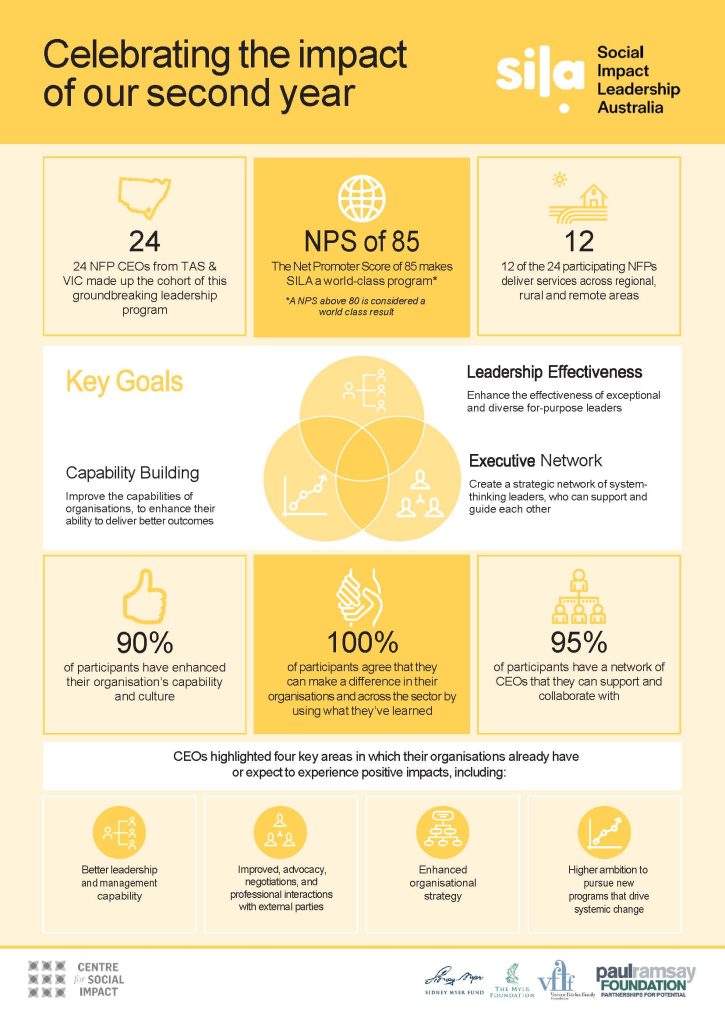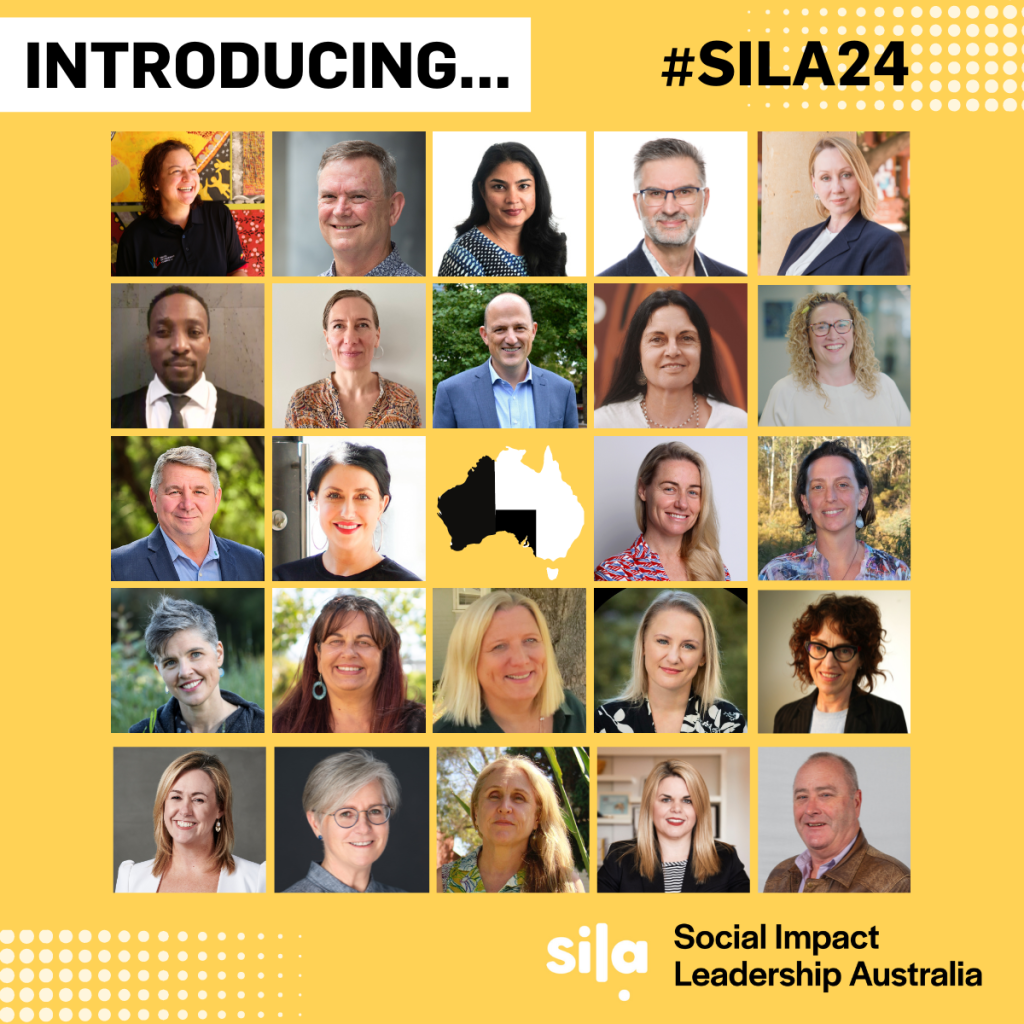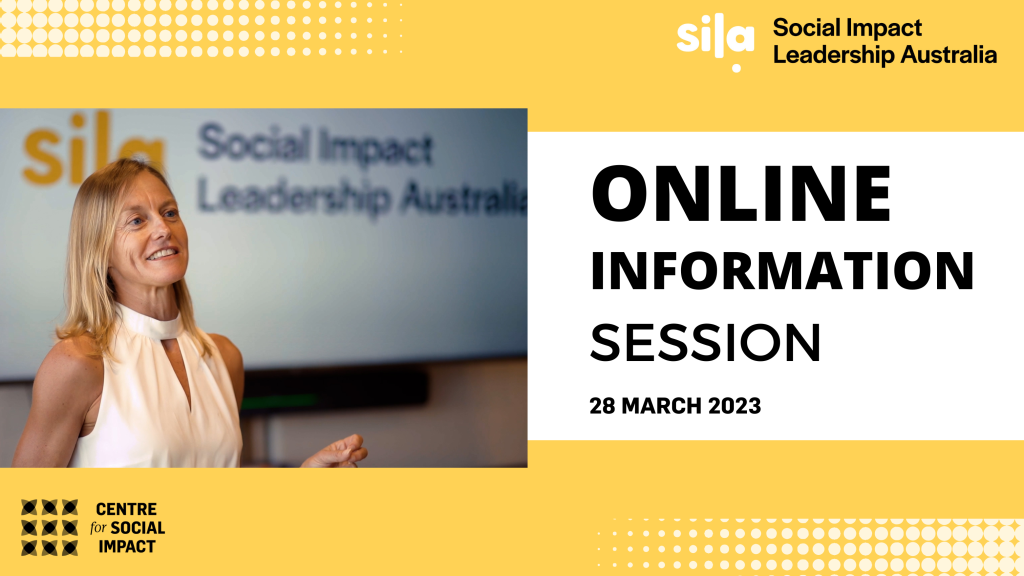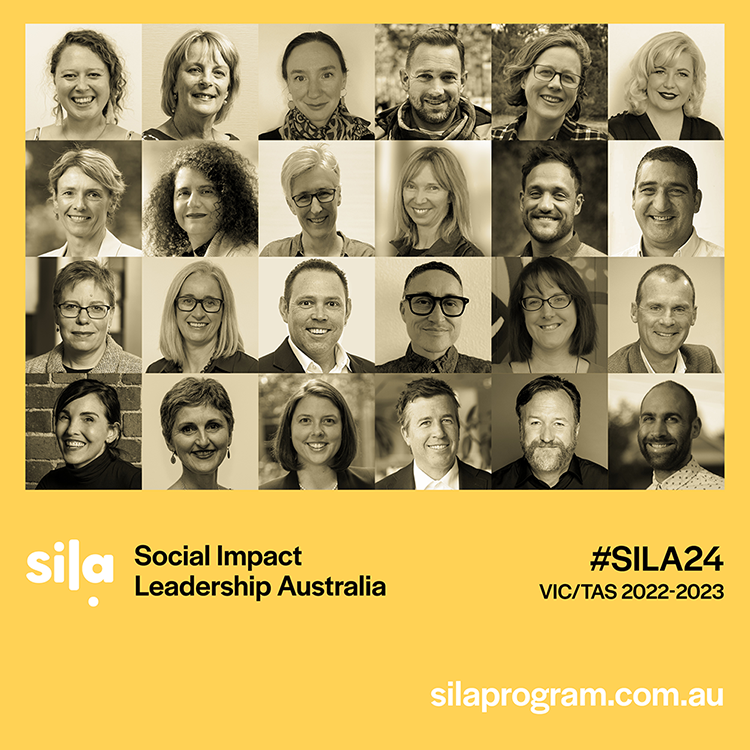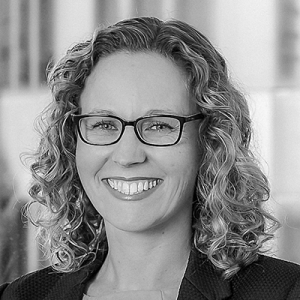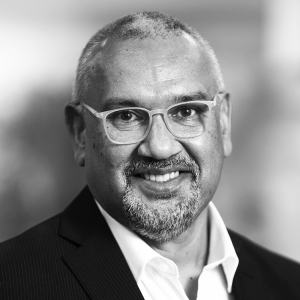Twenty-four leaders from not-for-profit organisations across Queensland and the Northern Territory are set to drive their impact further by joining Australia’s most comprehensive executive education program for the social purpose sector, SILA.
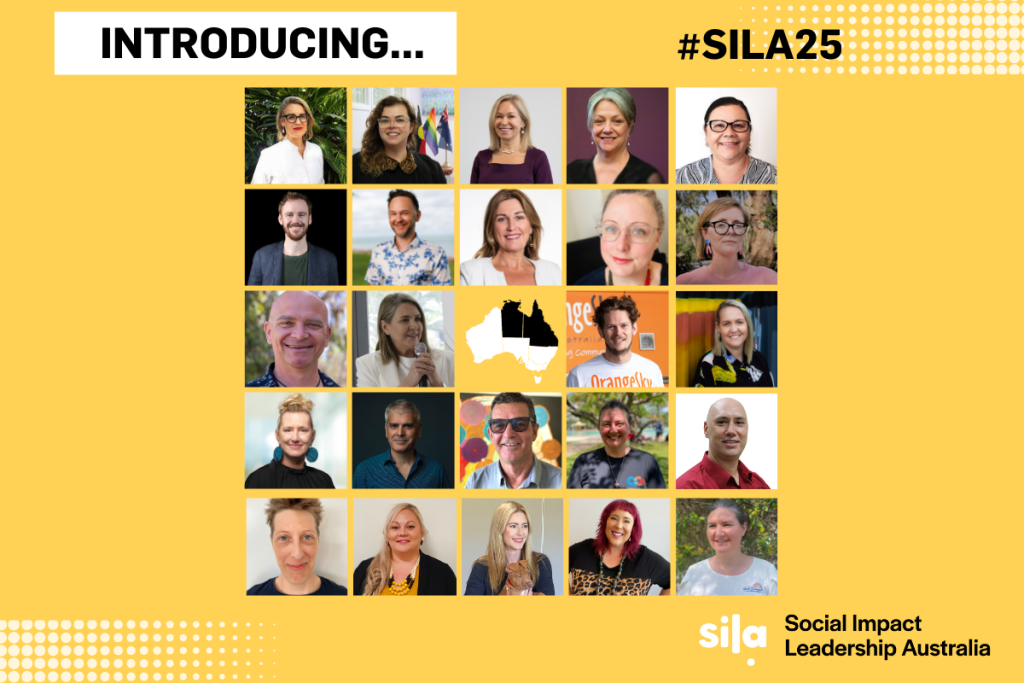
The group, announced today, will form the fourth cohort in the Social Impact Leadership Australia (SILA) Program, designed specifically for CEOs of Australian NFP organisations, and delivered by the nation’s leader in social impact education – the Centre for Social Impact.
The $9.8 million SILA program – jointly funded by the Myer Foundation, the Sidney Myer Fund, the Vincent Fairfax Family Foundation, and the Paul Ramsay Foundation (PRF) – seeks to address the underinvestment in professional development and leadership training within the social purpose sector, providing each leader with an individual coach, a series of group learning retreats and a tailored three-month sabbatical.
The leaders selected in Queensland and the Northern Territory work across a diverse range of impact areas including women and children, social justice, the environment, First Nations and the arts, with 18 operating in regional, rural or remote areas. Now in the start of its fourth year, the 10-month course has already been successfully completed by over 70 social purpose CEOs across NSW, Victoria, Western Australia, South Australia, the ACT and Tasmania.
The Centre for Social Impact’s Acting CEO Dr Lyndsey McKee said the program will support exceptional leaders and their organisations in driving greater social impact for people, families and communities in Queensland, the Northern Territory and right across Australia.
“Investing in the capabilities, connections and wellbeing of our for-purpose leaders is essential, especially as we face increasingly complex social and environmental challenges,” she said. “This evidence-based program, delivered through a collaboration of four universities and four philanthropic partners, has been described as life-changing by many of our SILA alumni.
“By supporting CEOs and their organisations through this leading program, we aim not only to enhance knowledge, skills, and connections but also to unlock system-level shifts and achieve lasting social impact for people and communities.”
Dr Lyndsey McKee, Acting CEO, Centre for Social Impact
In an independent evaluation, SILA received a world-class Net Promoter Score of 86 out of 100, with 95% of participants saying what they learned in the program will support them to make a difference in their organisations and across the sector.
PRF CEO Professor Kristy Muir said SILA had been shown to have a profound impact on the CEOs, their organisations, and their contributions to the systems they work in.
“As established leaders in the for-purpose sector, SILA CEOs already achieve so much, and often with scarce resources,” she said.
“We know it can be difficult to maintain a connection to purpose when holding the reins of leadership. Through SILA, we have witnessed CEOs strengthening their commitment to purpose and deepening their understanding of how to drive systems change in an increasingly complex environment. SILA is truly transformative, and I’m excited to see the impact for these outstanding leaders from the NT and Queensland.”
Professor Kristy Muir, CEO of PRF
SILA Cohort Four Participant Julie McLellan, CEO of Healthy Land and Water in Queensland, welcomed this opportunity to extend her professional development to the benefit of her staff and organisation.
“As CEOs, we often overlook spending time and money on our own professional development, understandably focusing our limited resources on investing in others,” she said.
“While we should always pay attention to fostering our staff to be the best they can, taking time to do the same for ourselves may be just what is needed to elevate our organisations to the next level. I am really looking forward to being challenged in the SILA program, exploring opportunities and meeting new peers, with the dedicated time to focus on my attributes and how these can lead to greater personal and organisational success.”
Fiona Jose, CEO of Cape York Partnership, said she felt privileged to join her peers in the SILA program.
“Nothing in Australia matches this scholarship opportunity for how it invests in leaders themselves and is specific to the for-purpose sector,” she said. “I’m excited to develop networks with other for-purpose leaders from around the country and extend my skills further to help drive our impact for First Nations communities in northern Australia.”
Fiona Jose, CEO of Cape York Partnership
Annie Rily, CEO of Carpentaria in the Northern Territory, said she was excited by the potential impact of SILA for her and her organisation’s development.
“This is an invaluable opportunity to build our capability and strengthen our impact in the disability sector, particularly as we respond to the recommendations from the Disability Royal Commission and the NDIS Review,” she said. “I am very grateful for this unique opportunity to be part of the SILA Program.”
The SILA Program’s Cohort Four participants include:
Queensland:
• Aimee McVeigh, CEO QCOSS
• Amie Carrington, CEO Domestic Violence Action Centre
• Fiona Caniglia, CEO Q Shelter
• Fiona Jose, CEO Cape York Partnership
• Geoffrey Smith, CEO Australian Spatial Analytics
• Julie McLellan, CEO Healthy Land & Water
• Kate Eltham, Co-CEO BlakDance
• Liam Glover, Executive Director Australians Together
• Lisa Ward, CEO Ethnic Communities Council of Queensland
• Lucas Patchett, CEO Orange Sky
• Margaret O’Brien, CEO Young Change Agents
• Melissa Warner, CEO Queensland Positive People
• Patrick Nolan, CEO & Artistic Director Opera Queensland
• Rebecca Reynolds, CEO Queensland Council for LGBTI Health
• Tanya Stevenson, CEO Hervey Bay Neighbourhood Centre
• Zoe Black, CEO Happy Paws Happy Hearts
• Zoe Williams, CEO Gulf Savannah
The Northern Territory:
• Annie Rily, CEO Carpentaria
• James Gough, CEO Darwin Festival
• Kirsty Howey, CEO Environment Centre (NT)
• Philip Watkins, CEO Desart
• Rob McPhee, CEO Danila Dilba Health Service
• SezzaJai Sykes, Executive Director NT Writers Centre
• Zoe Scrogings, CEO Corrugated Iron Youth Arts

